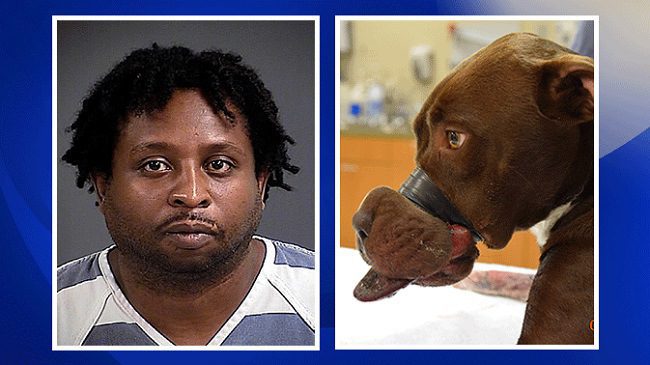In a troubling case that has captured national attention, Allexis T. Ferrell of Canton, Ohio, has been sentenced to a year in prison for animal cruelty. The incident has become a flashpoint for discussions about the treatment of animals and the consequences of spreading harmful misinformation. Ferrell’s actions — coupled with a cascade of false narratives — have left an indelible mark on her community and beyond.
A disturbing act draws media scrutiny
Ferrell’s arrest on Aug. 16 took a sensational turn when a video of her crime circulated online, accompanied by a misleading headline falsely claiming that a Haitian woman was eating a neighbor’s cat. The misinformation gained traction, further exacerbated by comments from former President Donald Trump during a debate. He alleged that immigrants in Ohio were consuming domestic pets, a baseless claim that fueled xenophobia and unfairly targeted Haitian immigrants.
However, the facts tell a different story. Ferrell, a U.S. citizen, committed her crime in Canton, located about 170 miles from Springfield, where the fabricated narrative was centered. This disparity highlights how misinformation can distort public perception and inflame tensions.
The case details
Court proceedings revealed the horrifying specifics of the incident. Ferrell admitted her guilt to animal cruelty, a charge that shocked both the public and legal officials. Stark County Common Pleas Judge Frank G. Forchione condemned her actions, describing them as a source of national embarrassment.
According to police reports, officers arrived at the scene before Ferrell could fully act on her intentions. Evidence included blood on her hands and feet, fur on her lips, and accounts of her having smashed the cat’s head with her foot. The court’s records painted a grim picture of her behavior, leading to her being labeled a danger to the community.
Psychological evaluation and sentencing
Ferrell initially pleaded not guilty by reason of insanity. However, a psychological assessment conducted by Akron’s Psycho-Diagnostic Clinic concluded that she was competent to stand trial. The evaluation described her as irritable, aggressive, deceitful and lacking remorse — traits that underscored the severity of her actions and their impact on public safety.
During sentencing, Ferrell requested treatment for her struggles with substance abuse. While the plea highlighted the complexity of her circumstances, the judge emphasized the gravity of her actions, imposing the maximum sentence of one year in prison. The case illustrated how personal challenges, while deserving of compassion, do not excuse such extreme behavior.
The ripple effects of misinformation and disinformation
Beyond the disturbing crime itself, the case shed light on the broader implications of spreading false information. The fabricated claims about Haitian immigrants eating pets perpetuated damaging stereotypes and stoked xenophobic attitudes. These narratives — though baseless — gained traction in part because of their sensational nature and the influence of prominent figures amplifying them.
The incident serves as a stark reminder of the media’s responsibility to verify facts before dissemination. Unchecked narratives can have real-world consequences, fostering division and undermining trust within communities. In this instance, Haitian immigrants in Ohio bore the brunt of unfounded accusations, illustrating how misinformation can unfairly target vulnerable groups.
Lessons from a tragic case
Ferrell’s case underscores the importance of addressing issues such as animal welfare, substance abuse and the ethical responsibilities of media and political leaders. As she serves her sentence, it is an opportunity for reflection — not only on the individual crime but also on the systemic factors that allowed misinformation to thrive.
Communities must prioritize fostering understanding and empathy, both for animals and among diverse populations. By challenging harmful narratives and advocating for responsible reporting, society can work toward a future where such incidents are less likely to occur and their fallout is less damaging. Her case is a call to action for individuals and institutions to uphold truth, compassion and accountability in the face of sensationalism and division.















